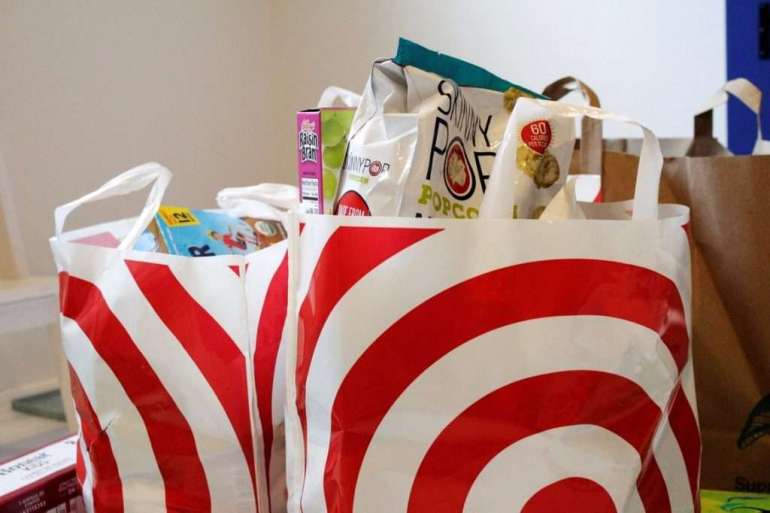‘It’s a pipe dream’: Green groups blast plastic makers’ recycling push

Both camps say they want to keep plastic out of landfills, waterways and oceans, but disagree on how to do it. Green groups accuse the plastics industry of selling consumers a false promise that recycling alone can fix the waste problem. Less than 10 percent of the tens of millions of tons of plastic produced in the U.S. each year is recycled, according to EPA data.
Why it matters: The Merkley-Lowenthal bill lands as the White House and Democrats piece together a broader green infrastructure and jobs package. The lawmakers said that effort could incorporate parts of the Break Free from Plastics Pollution Act, but declined to outline specifics.
Lowenthal said a major climate package introduced earlier this month by House Democrats included measures that are part of the plastics bill, including pausing permits for new or expanded plastic production facilities while the National Academies of Science studies the impact of plastics on communities and the EPA enacts new clean air regulations.
The climate package also would direct consumer brands to use a certain amount of recycled material in their products and pay to clean up waste. Both measures are elements of the Merkley-Lowenthal bill.
Industry’s solution: Joshua Baca, ACC’s vice president of plastics, said pausing the expansion of plastic plants would slow industry investment in advanced recycling, which reduce plastics to chemical components that can be made into new products.
Unilever PLC, Coca-Cola Co. and other major brands have promised to use more recycled material in their packaging, but they can’t meet those promises without the advanced technology, Baca said.
ACC members have invested about $4.5 billion in advanced recycling since 2017, which could eventually divert 4.1 million metric tons of waste from landfills each year. Some of the trade group’s members also are part of the Alliance to End Plastic Waste, which in 2019 pledged to spend $1.5 billion over five years to address the problem.
That spending is a fraction of the $400 billion the oil and gas industry plans to spend in the coming years on new plastic manufacturing capacity, according to a September study by Carbon Tracker.
“This is the continuation of an industry strategy of saying recycling can solve the problem and we don’t need to reduce production,” said Neil Tangri, science and policy director at the Global Alliance for Incinerator Alternatives. “It’s a pipe dream.”
Advanced recycling also doesn’t address the problem of plastics that don’t enter the recycling stream because, for example, they’re not collected, environmental advocates said.
ACC supports a national recycling standard that makes it easier for consumers to know what they can toss in the blue bin, Baca said in an interview. And the group and consumer brands have agreed to pay packaging fees to help pay for waste and recycling — just not the version proposed in the Break Free from Plastics Pollution Act.
The bill would require companies to bear the full cost of state and local recycling programs, which currently are funded by taxpayers. The version endorsed by industry groups would pool private and taxpayer dollars.